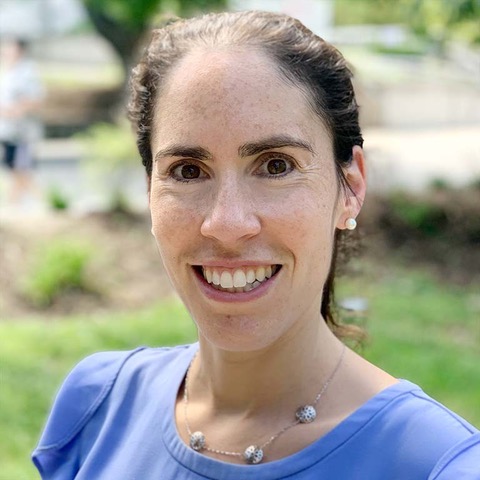I see myself as a broadly trained US historian with interests across the nineteenth and twentieth centuries, especially in the fields of labor and working-class history, welfare and state formation, and religion and politics. In my courses and in my writing, I tell stories of how ordinary Americans have understood the evolving social contract in the United States, especially how they have interpreted the appropriate role of the state as it compares to that of religious institutions, business, charity, labor unions, mutual aid societies, and other providers of social welfare.
My first book, The Gospel of Church: How Mainline Protestants Vilified Christian Socialism and Fractured the Labor Movement (OUP, 2023), reframed the story of the early twentieth century Social Gospel movement. I found that while trade union leaders reached out to church leaders to build trade union membership rolls in the early twentieth century, white Protestant clergy used these alliances not to further the labor movement but to expand their own influence over industrial affairs. The book helps explain why American church leaders still play such an outsized role in education and social services in this country.
My current work-in-progress, “Not Paying Taxes: How We Built the Nation’s Schools and Hospitals,” continues to ask the question of how ordinary people have understood social services and the broader “state” in the United States. The book will explain how Americans funded education and social services in the nineteenth and early twentieth centuries, and why they still find it so difficult to tax themselves for public goods. My work speaks to both to the public and to historians of labor, capitalism, race, religion and gender on how the condition of “disestablishment” structures both our class relationships and the nature of American capitalism itself.
I have an unusual academic appointment at IU. In addition to research, teaching and service within the History Department, I have responsibilities to the Advance College Project, an early college program sponsored by IU and the state of Indiana. In this capacity, I annually train and resource high school teachers to teach the US Survey. Each Summer, I host a week-long workshop for teachers on using inquiry-based learning to teach the US Survey. Each Fall, I host a one-day workshop for teachers on a particular theme or historical moment in US History. Each Spring and Summer, I teach a graduate course for teachers and career transitioners within the IU Online professional MA and MAT programs. Throughout the year, I visit high school history courses across the state (and over Zoom) to observe about where teachers and students are thriving and how I can bring teaching methods developed at the secondary level into the college classroom. I also spend a good deal of time thinking about how to better leverage the resources of the university to support high school students’ transition to college.

 The College of Arts + Sciences
The College of Arts + Sciences